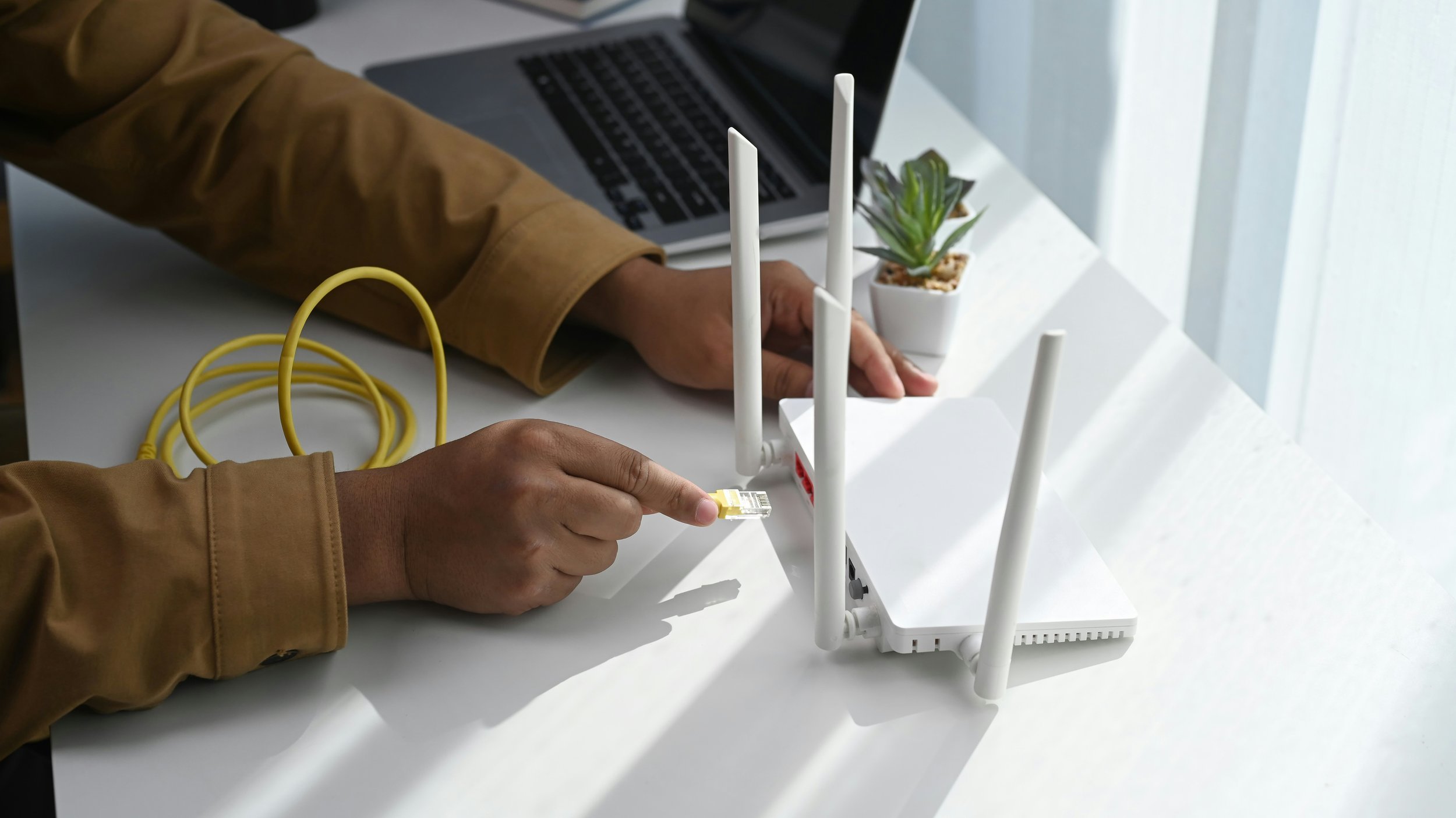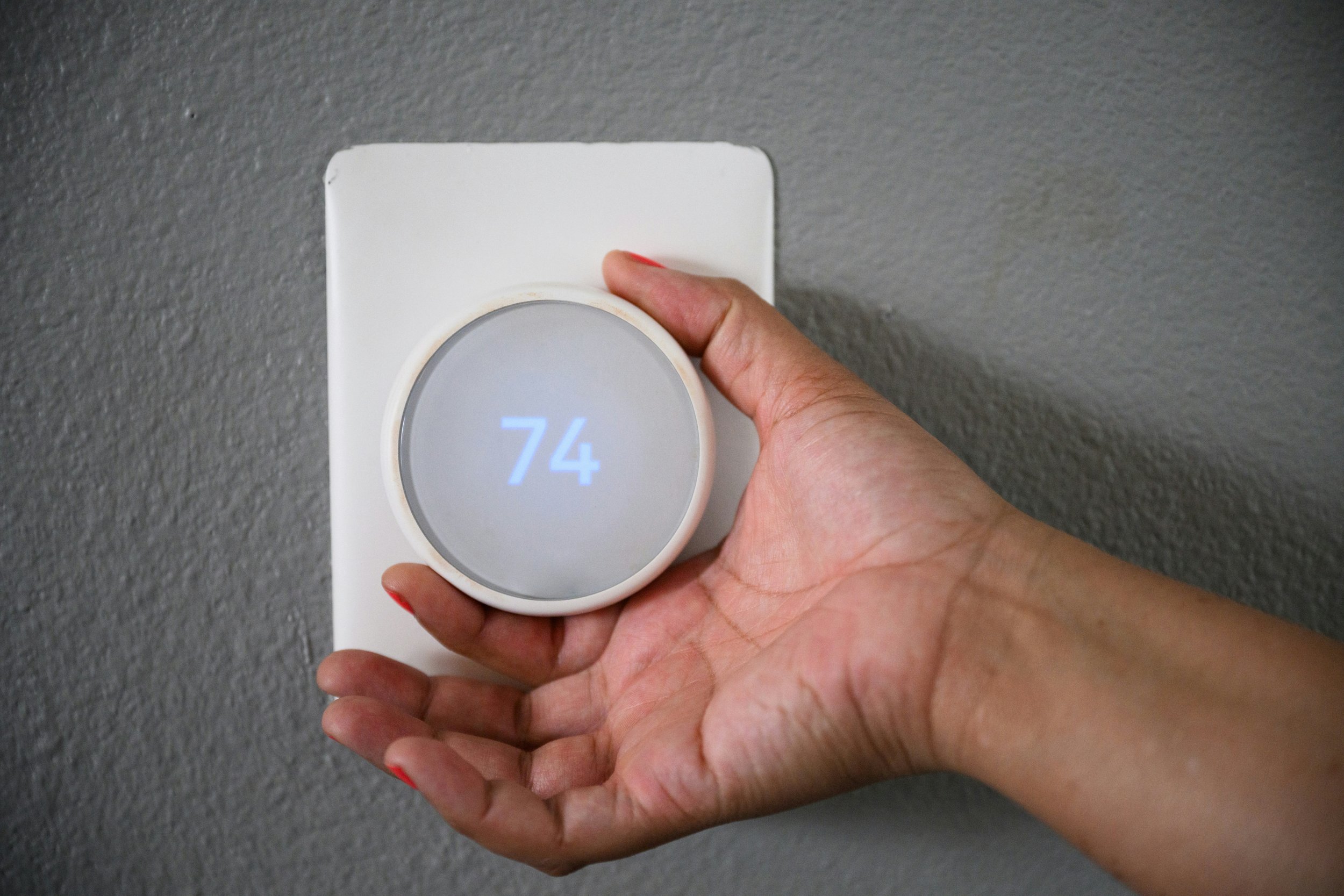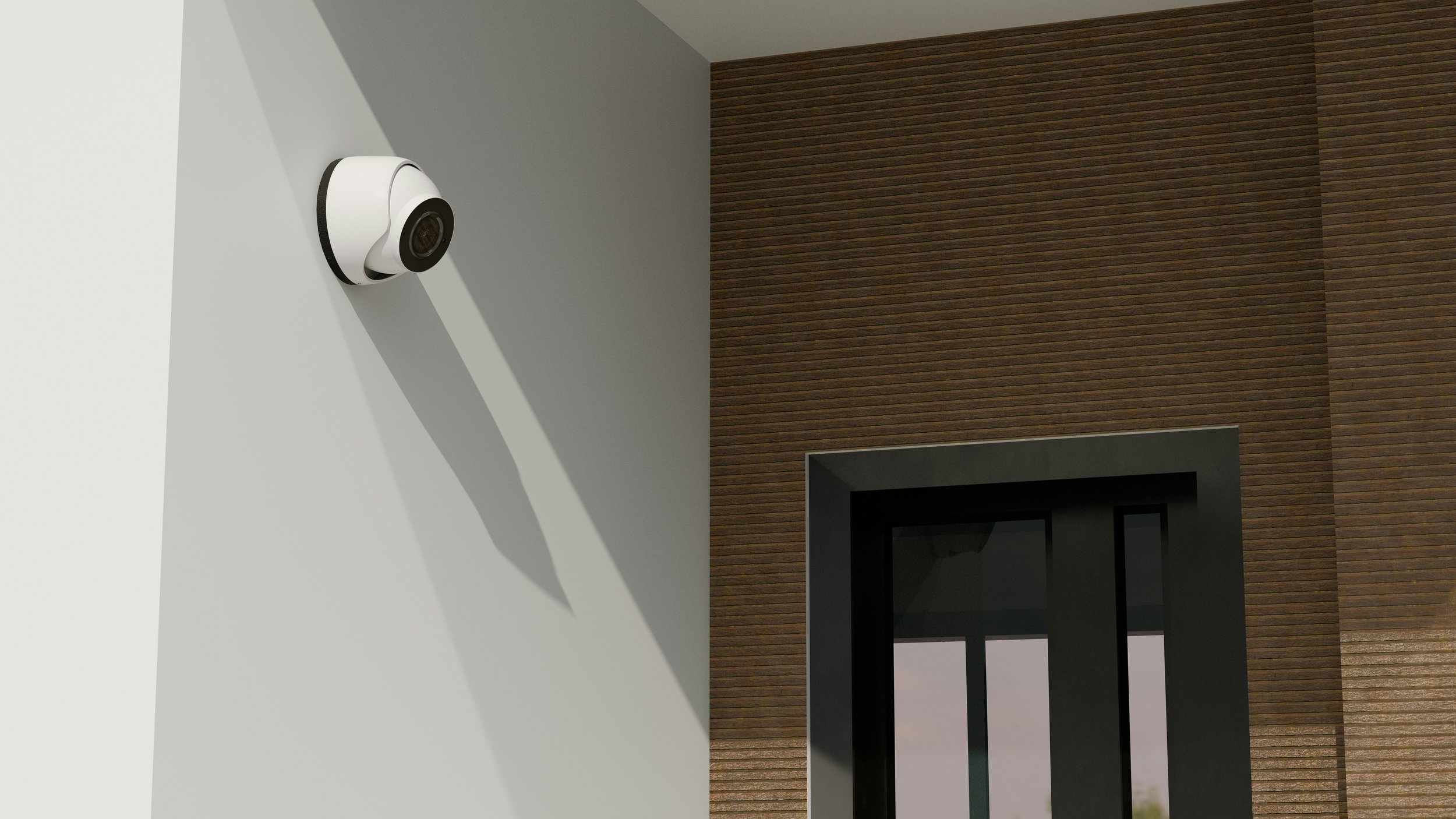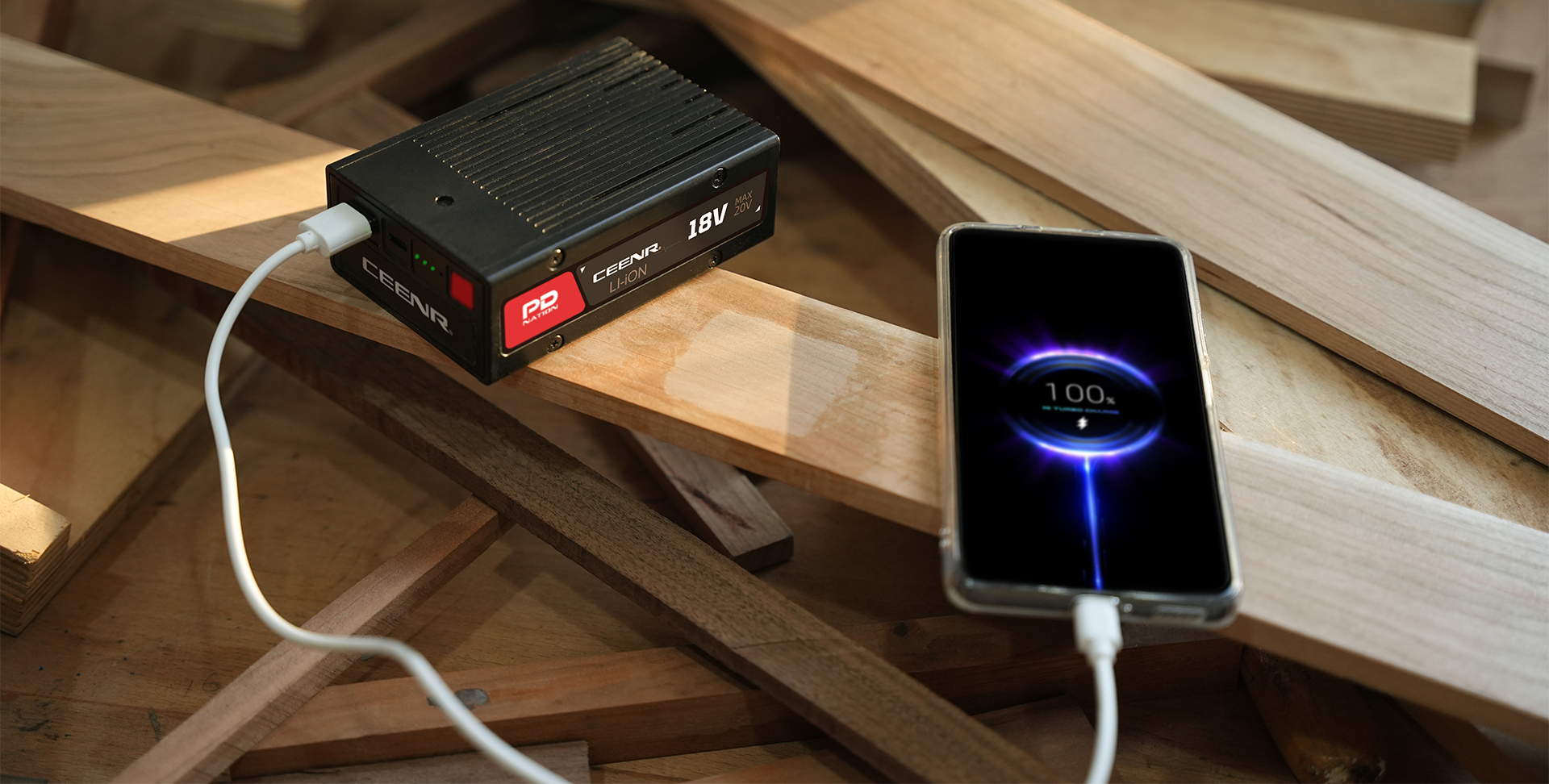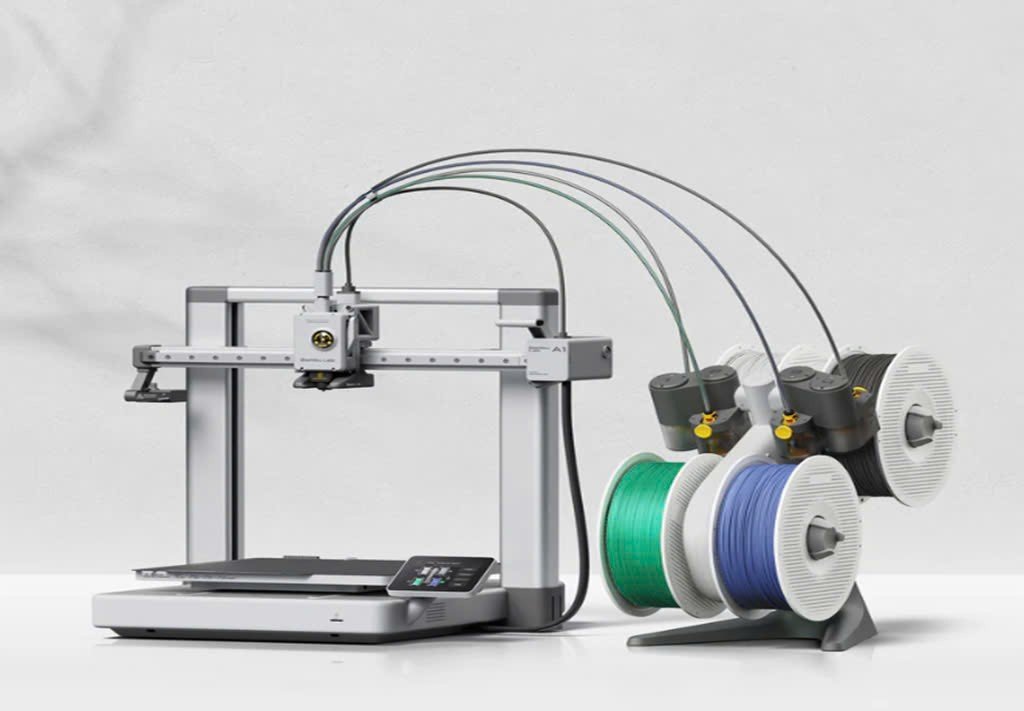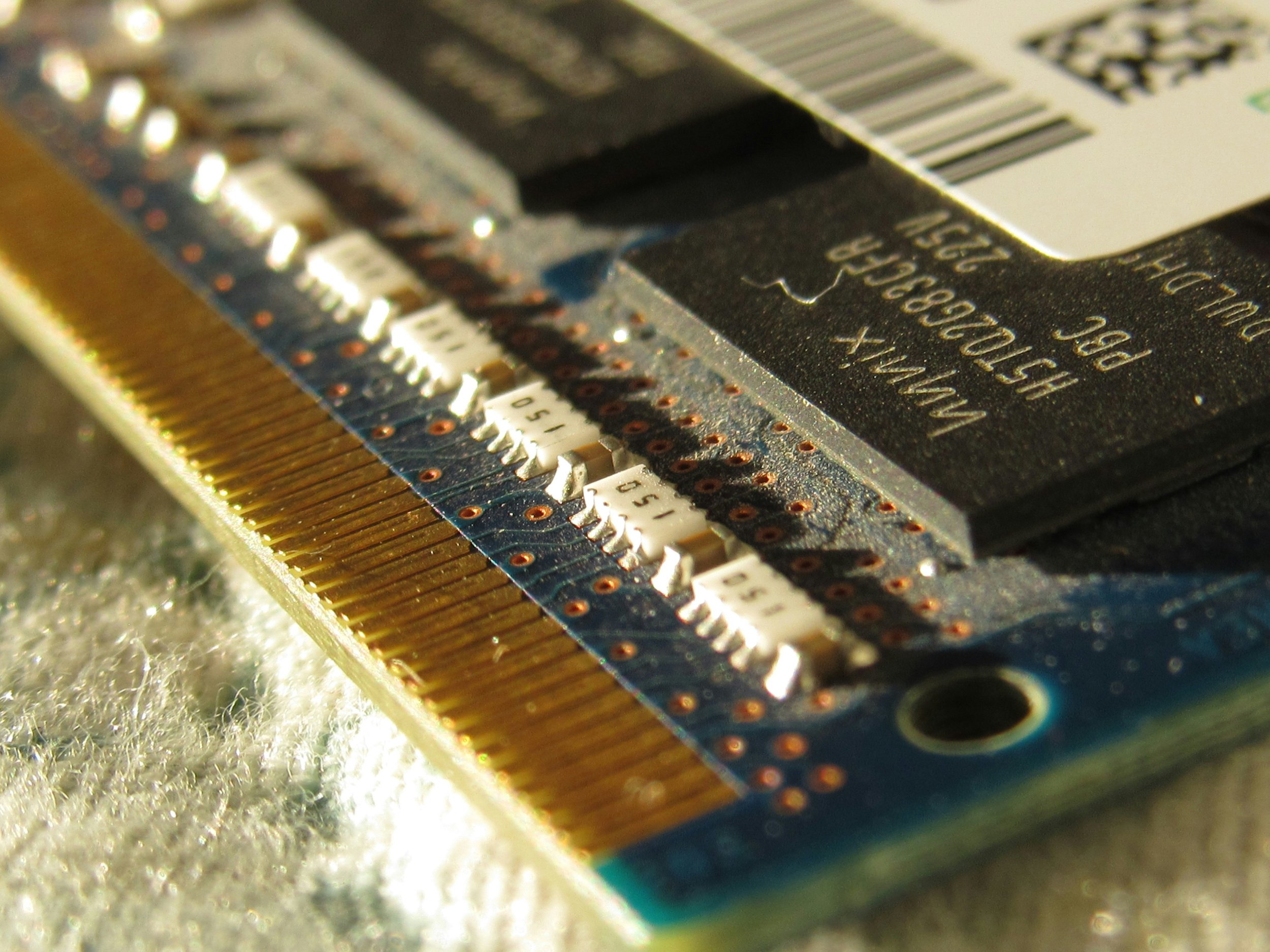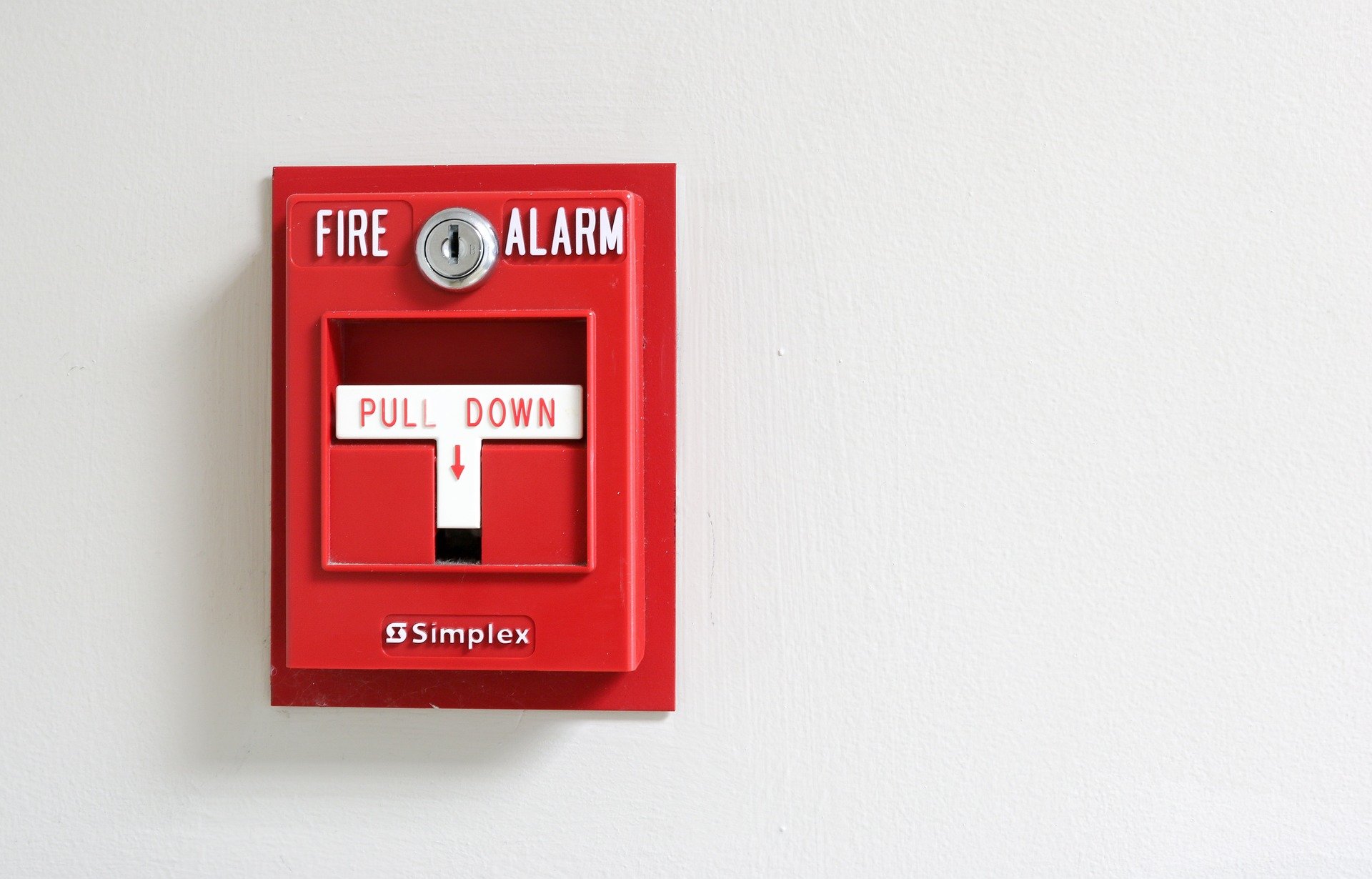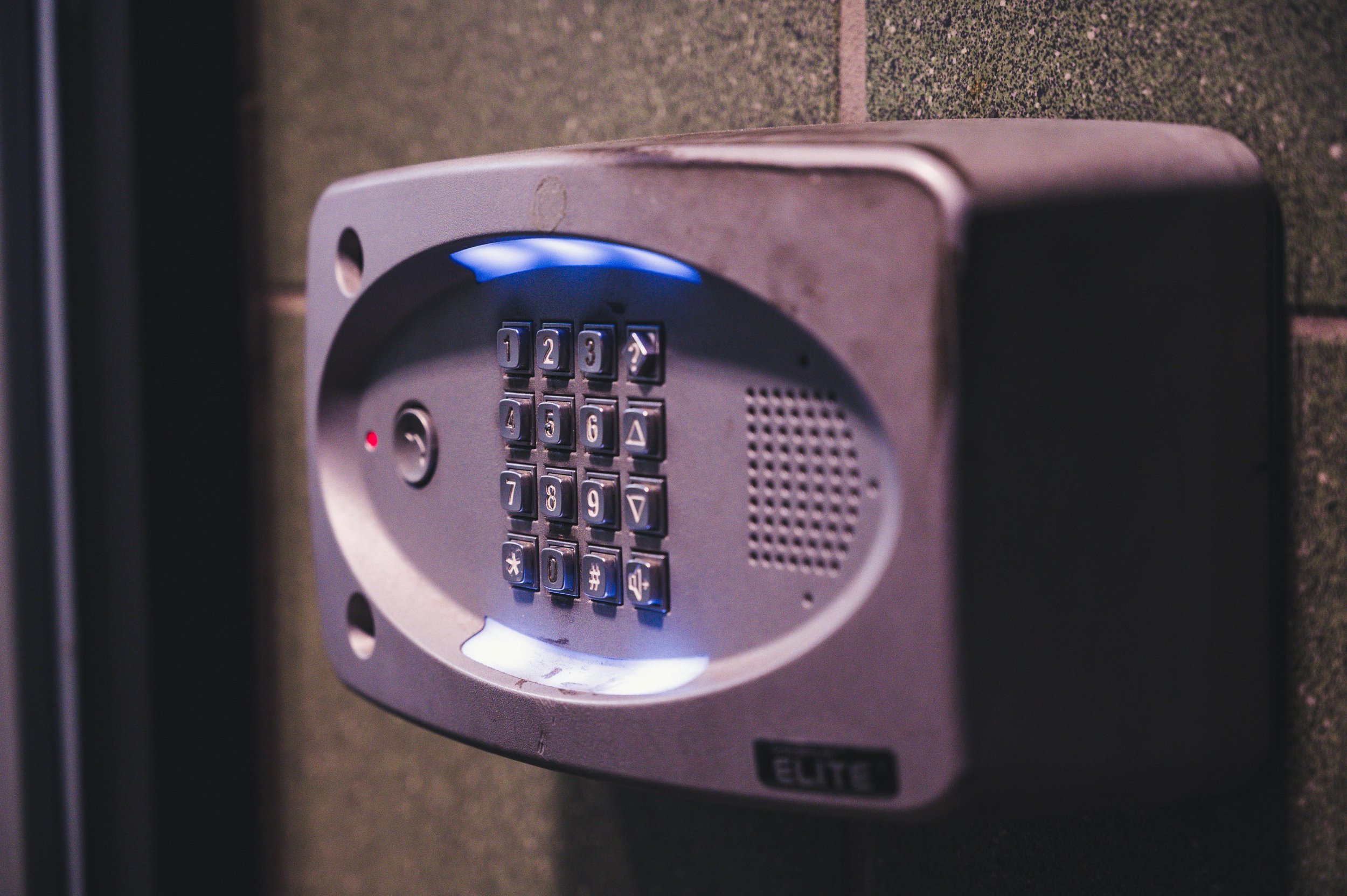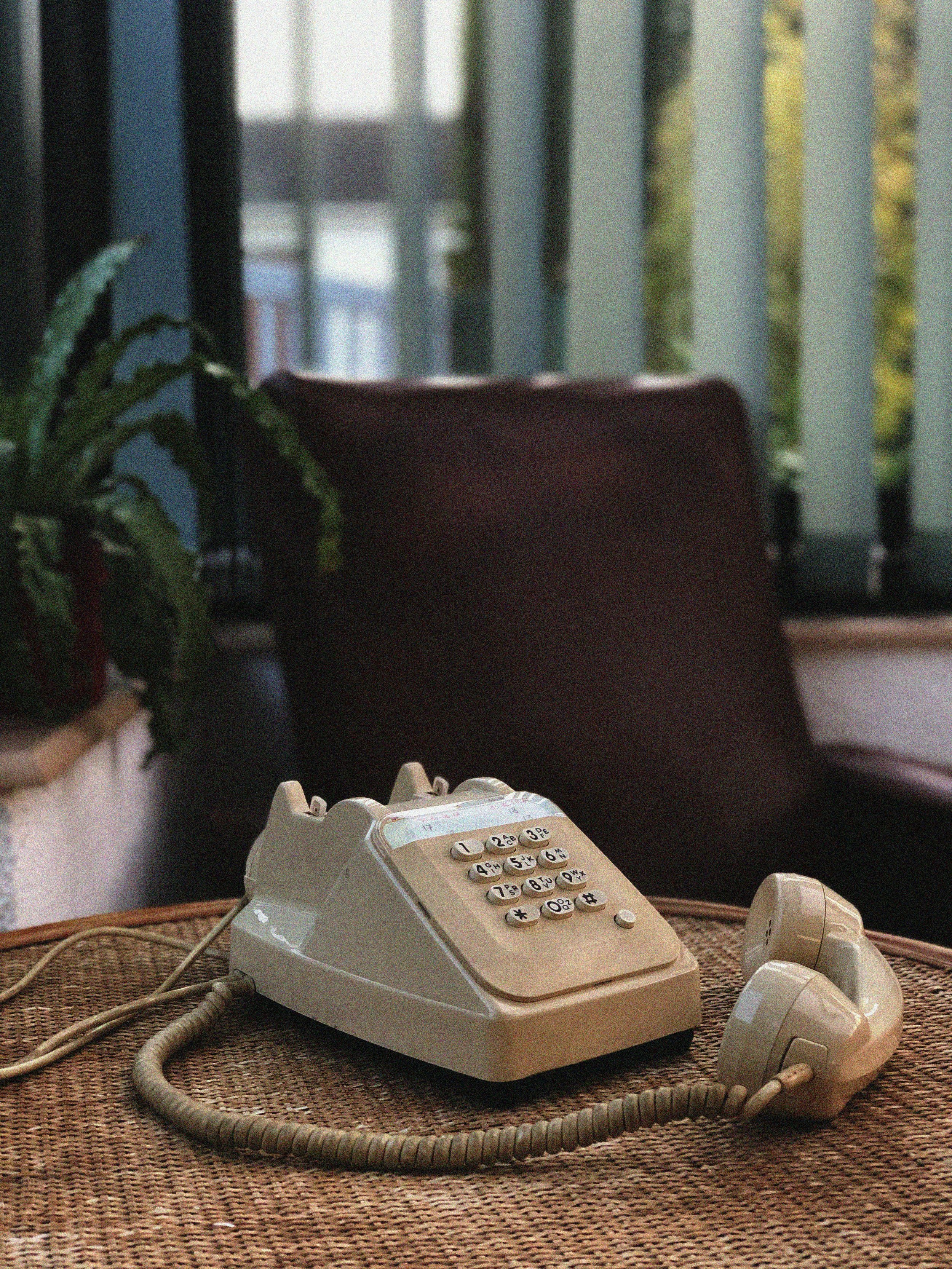The Fort Knox of Frequencies: RFID Faraday Boxes and Home Security Gadgets You Didn’t Know You Needed
Discover the Fort Knox of frequencies with RFID Faraday boxes and innovative home security gadgets you didn't know you needed to protect your personal data and enhance home safety.
Welcome, fellow paranoid citizen, to the wonderful world of RFID (Radio-Frequency Identification) and the magic of Faraday boxes. Are you tired of nefarious hackers, overzealous marketers, and meddling governments knowing more about your movements than your own family? Then, my friend, it’s time to fortify your home with the latest in RFID-blocking technology. We’re diving deep into the underworld of electromagnetic shielding, so grab your tin foil hat, and let’s get started.
RFID: The Unseen Threat
Before we get into the juicy details of how to thwart those invisible signals, let’s talk about what RFID actually is. In layman's terms, RFID is a way of transmitting data wirelessly using electromagnetic fields. It’s in your credit cards, passports, and even that new-fangled pet microchip. Sounds convenient, right? Wrong.
The Downside of Convenience
As with most modern conveniences, RFID comes with a dark side. RFID skimming, where bad actors can steal your data just by walking past you, is a real threat. Imagine losing all your credit card information while innocently waiting in line for your triple-shot soy latte. Horrifying, isn’t it? And let’s not even get started on how your RFID-enabled devices can be tracked. That’s right, Big Brother is watching, and he’s using RFID to do it.
Enter the Faraday Box: Your Shield Against the Electromagnetic Evil
Cue the heroic music because it’s time to introduce the Faraday box. Named after Michael Faraday, the 19th-century scientist who discovered electromagnetic induction, the Faraday box is essentially a metal cage that blocks electromagnetic fields. Think of it as a fortress for your electronic devices.
How Does It Work?
The science behind a Faraday box is actually quite simple. When electromagnetic fields hit the conductive material of the box, they redistribute around the exterior, creating a field-free interior. In other words, anything inside the box is safe from those pesky RFID signals.
DIY Faraday Box: Because Store-Bought is for Suckers
Sure, you can buy a Faraday box online, but where’s the fun in that? Channel your inner MacGyver and make one yourself. All you need is a metal container (an old cookie tin will do nicely), some aluminum foil, and a bit of ingenuity. Line the container with foil, making sure there are no gaps, and voila! You’ve got yourself a DIY Faraday box.
Commercial Faraday Boxes: For the Less Crafty Among Us
If DIY isn’t your thing (no judgment here), there are plenty of commercial options available. From stylish Faraday bags that look like designer purses to high-tech Faraday cages that can house your entire home office setup, the market is brimming with choices. Just make sure to read the reviews – some products offer about as much protection as a wet paper bag.
Other RFID Home Security Items: Because One Shield is Never Enough
The Faraday box is just the beginning. There’s a whole arsenal of RFID-blocking gadgets out there to help protect your personal data and ensure your home is as impenetrable as Fort Knox. Let’s dive into some of the coolest, quirkiest, and most essential RFID home security items that you didn't even know you needed.
RFID-Blocking Wallets: Guarding Your Gold
Let’s start with something you can carry around with you everywhere: the RFID-blocking wallet. Gone are the days when a wallet was just a piece of leather holding your cash and cards. Today’s smart wallets come equipped with RFID-blocking technology, preventing those sneaky skimmers from getting your card details. Plus, they often look pretty sleek, too – who knew safety could be so stylish?
Keyless Entry Systems: The Double-Edged Sword
Many modern homes and cars now use RFID-enabled keyless entry systems. While these systems are undeniably convenient, they can also be a security risk. Thieves with the right equipment can easily intercept the signals from your key fob and gain access to your prized possessions. Enter the RFID-blocking key fob pouch. These nifty little pouches prevent unauthorized access by blocking RFID signals. Just pop your key fob inside when you're not using it, and you’re good to go.
Faraday Cages for Routers: Because Your Wi-Fi Deserves Protection, Too
Your Wi-Fi router is the gateway to your home’s digital life. While most people focus on strong passwords and encryption, few consider the physical vulnerabilities of their routers. Faraday cages for routers block unwanted electromagnetic interference and prevent your signal from being hijacked by nosy neighbors or hackers. These cages can be bought or DIY’ed with some mesh material – just don’t blame us if your internet speed takes a slight hit.
RFID-Blocking Phone Cases: Protecting Your Pocket Data
Smartphones are a treasure trove of personal information, and their RFID chips are constantly broadcasting data. Enter RFID-blocking phone cases. These cases not only protect your phone from physical damage but also shield it from RFID scans. Some even come with slots for your credit cards, providing double the protection.
RFID-Blocking Passport Holders: Jet-Set Safely
Traveling abroad? Your passport contains an RFID chip with all your sensitive personal data. RFID-blocking passport holders ensure that no one can swipe your information while you’re busy navigating airport security. Available in various designs, these holders are a must-have for the security-conscious traveler.
Faraday Tents: For the Truly Paranoid
Now, let’s crank the paranoia up to eleven. For those who want to protect larger electronics or even themselves from electromagnetic waves, Faraday tents are available. These portable tents are made of conductive materials that block electromagnetic fields. While it might seem a bit extreme, if you’re serious about privacy, a Faraday tent can provide peace of mind – and make for an interesting conversation piece at your next backyard BBQ.
The Future of RFID and Home Security: What’s Next?
So, what does the future hold for RFID technology and home security? If current trends are any indication, we can expect even more advanced and integrated solutions. Here’s a glimpse of what might be on the horizon:
Smart Homes with Built-In RFID Protection
As smart homes become more prevalent, we’ll likely see RFID-blocking technology integrated directly into the design. Imagine walls and furniture with built-in RFID shields, ensuring that every corner of your home is protected without the need for additional gadgets.
Advanced Biometric Security
While RFID-blocking products are great, the future of home security might lie in biometrics. Facial recognition, fingerprint scanning, and even retina scanning could become standard in home security systems, making it even harder for unauthorized individuals to gain access.
AI-Enhanced Security Systems
Artificial Intelligence is already making waves in home security, and its role will only grow. AI can analyze patterns, detect anomalies, and predict potential security breaches before they happen. Coupled with RFID-blocking technology, AI can provide a robust and proactive security solution.
Quantum Encryption
For the truly futuristic, quantum encryption offers an unbreakable method of securing data. While still in the early stages, this technology promises to revolutionize data security, making it impossible for hackers to intercept and decipher communications.
Wrapping Up: Peace of Mind in an RFID World
In a world where your data is constantly at risk, RFID-blocking technology provides a much-needed shield. Whether you’re using a simple DIY Faraday box or investing in the latest RFID-blocking gadgets, taking steps to protect your personal information is crucial.
As we’ve explored, the range of RFID-blocking products is vast and varied, from wallets and phone cases to router cages and even tents. Each serves its purpose in safeguarding your data from prying eyes and ensuring that your home remains a fortress of privacy.
So, fellow tech warriors, arm yourselves with these defenses, keep your data close and your Faraday box closer. Because in the battle for privacy, every little shield counts. And remember, just because you’re paranoid doesn’t mean they’re not after your data. Stay safe out there!




